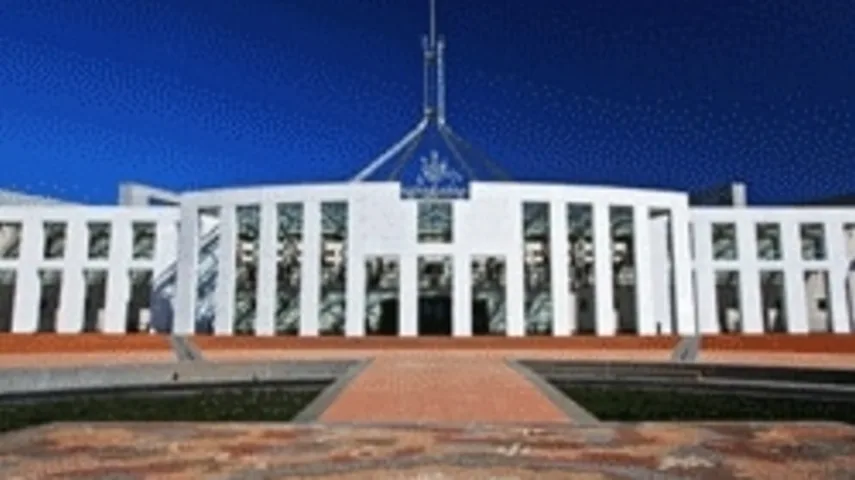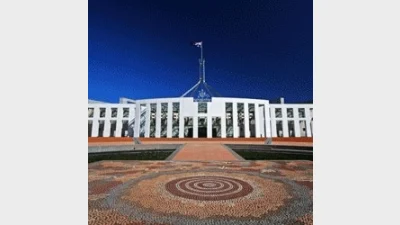Henry Review raises more questions than answers for insurance advisers



The Henry Review, the Government's overview of Australia's tax system, has failed to suggest action on the life insurance/risk needs of consumers.
It is disappointing that neither the recently released Henry Review, nor most of the subsequent government responses, contained suggested action from the Government on the risk/life insurance needs of Australian consumers.
I have noted, however, Minister for Financial Services, Superannuation and Corporate Law Chris Bowen’s recent support for life insurance and the need for advice, but there remains no action on some of the key tax issues that could benefit consumers.
While Bowen has noted that Australian consumers are underinsured, the Government has not moved on the issue of tax deductibility for life insurance premiums, which would greatly assist in the reduction of the insurance gap.
There has also been silence on the bias of the existing system, which favours placing insurance in superannuation in many instances, even though the cost of insurance counts towards existing contributions caps and reduces retirement savings.
On the other side, the unfair bias against the disabled in superannuation was not addressed.
There is presently no automatic exemption from tax for payments to permanently disabled members by superannuation funds.
A permanently disabled member under the age of 60 in receipt of a disability benefit from a superannuation fund is taxed on a formula basis.
This outcome is an inappropriate reduction in the level of disability benefits and raises the unpleasant prospect of these members having to rely on the social security system to meet their ongoing living expenses.
Relying on social security puts costs on the Government and taxpayer.
The Henry Review did recommend the abolition of stamp duties on life insurance. Australia has eight stamp duty jurisdictions, each with its own rates and complex rules.
Stamp duty rates vary from 1.5 per cent to 11 per cent of the premium paid. Stamp duty is payable by the life insurer, but the reality is that this is a cost burden carried by all consumers purchasing life insurance.
The Government’s response to this inefficiency was a sympathetic murmuring that stamp duties on life insurance are inefficient and the states should be encouraged “to consider this recommendation”.
The wisdom of the abolition of these taxes is obvious, but the reality is that these taxes will only disappear under Federal Government leadership. This soft response from the Federal Government was hardly a clarion call to action.
The Federal Government needs to lead the change initiative in this area and to provide the states with alternative revenue resources.
Left to their own devices, the states and territories have been unable to come up with a uniform stamp duty regime over the past 10 years.
We are therefore condemned to the existing world of multi-jurisdictional confusion, with a Federal Government making noises from the sidelines.
The poor consumer remains under the burden of stamp duties, and prohibitive government charges prevent any narrowing of the insurance gap.
One can only assume that after taking on the states over health, the Federal Government was not ready to raise the issue of stamp duties on life and general insurance policies.
As an industry, we must not be disheartened by this apparent government indifference.
Our advocacy for tax deductibility of insurance premiums, consistent treatment of insurance inside and outside superannuation, a fairer deal for permanently disabled superannuation fund members and the abolition of stamp duties on life insurance should continue, in spite of these issues being ignored by the Government and review panels.
There are also positives emerging from the recent announcements.
The recently announced changes to the superannuation rules by the Government in the Federal Budget and its response to the Henry Review should encourage both retirement savings and insurance within superannuation.
The proposed increase of the superannuation guarantee age limit to 75 years and the phased-in increase of the Superannuation Guarantee Contribution to a level of 12 per cent increases the funding available for the insurance needs of members.
The Superannuation Guarantee Contributions provide a ready source of funding for the insurance needs of fund members, as the rules allow these funds to be used for both retirement savings and insurance needs.
The new contributions tax rebate (up to $500) for members with taxable incomes below $37,000 per annum will also provide a source of funding for the insurance needs of this low income demographic.
Unfortunately, this positive is offset by the retention of the existing co-contribution percentage of 100 per cent.
The Government will no longer honour the promise made in 2009 to restore this rate to the original level of 150 per cent.
The qualifying income thresholds for the co-contribution will no longer be indexed. This will exclude a number of taxpayers from qualifying for this benefit, as their taxable incomes increase in line with inflation.
The retention of the $50,000 contribution cap for persons over 50 should also encourage this age group to increase their insurance in superannuation.
These members now have the flexibility of a permanent $50,000 cap to fund both their retirement and insurance needs.
This concession is only available where the member’s balance is less than $500,000. No details are yet available on how this measure will work in practice.
The promised root and branch review of the tax system has not extended to its life insurance roots and branches. This is a matter for another day.
However, there are a number of measures considered in the Henry Review that may have a dramatic effect on the risk insurance landscape in future years, if implemented.
David Glen is taxation counsel at Tower Australia.
Recommended for you
In this episode of Relative Return Insider, host Keith Ford and AMP chief economist Shane Oliver unpack the RBA’s decision to keep the cash rate on hold in the face of rising inflation and whether the governor’s hawkish tone is a sign of things to come.
In this episode of Relative Return Insider, host Keith Ford and AMP chief economist Shane Oliver discuss the September quarter GDP figures, which show Australia’s economy regaining momentum.
In this new episode of The Manager Mix, host Laura Dew speaks to Haley Devine, head of wealth management at MaxCap Group, to delve into private credit and commercial real estate.
In this new episode of The Manager Mix, host Laura Dew speaks to Benjamin Leung, head of systematic investments at Macquarie Asset Management, to understand the use of systematic investments.







